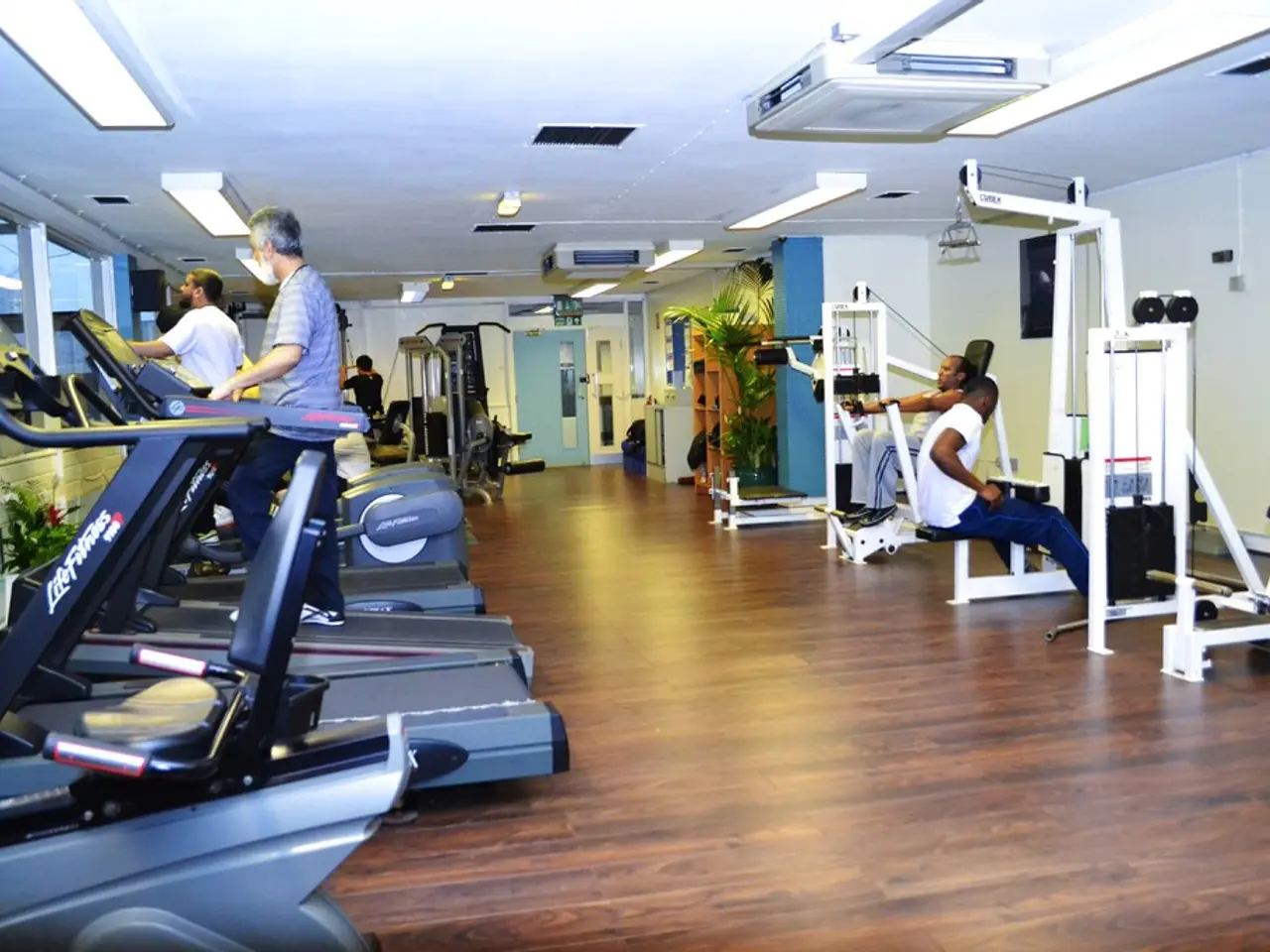Deep Breathing Techniques: Navigating Tranquility and Inner Peace
Deep breathing exercises have gained widespread recognition for their numerous benefits in managing stress, anxiety, and improving overall well-being. In this article, we delve into the science behind these techniques and explore popular methods for stress reduction.
The Benefits of Deep Breathing Exercises
Deep breathing offers a multitude of advantages, including:
- Stress and Anxiety Reduction: By activating the parasympathetic nervous system, deep breathing counteracts the stress-induced "fight or flight" response, leading to reduced cortisol levels and a sense of calm[3][5].
- Improved Emotional Control and Well-being: Slowing down the breathing rate through deep breathing exercises enhances emotional control and psychological flexibility, resulting in better mood management[5].
- Enhanced Cardiovascular Health: Regular deep breathing can lower blood pressure and improve circulation, contributing to better cardiovascular health[1][5].
- Improved Respiratory Function: Deep breathing strengthens respiratory muscles and enhances lung efficiency, which can be particularly beneficial for individuals with respiratory conditions like asthma[3].
- Muscle Relaxation: Deep breathing helps in relaxing tense muscles, reducing physical stress and promoting a sense of calm[1].
The Science Behind Deep Breathing
Deep breathing impacts the body in several ways:
- Nervous System Response: By shifting from sympathetic (stress) to parasympathetic (relaxation) responses, deep breathing exercises help in reducing stress hormones like cortisol and promoting relaxation[2][5].
- Heart Rate Variability (HRV): Deep breathing increases HRV, indicating better stress resilience and a more relaxed state. Higher HRV is linked with improved emotional regulation and reduced stress levels[3].
- Psychological Effects: By calming the mind and body, deep breathing exercises provide a natural way to manage anxiety and improve mood, contributing significantly to mental well-being[3][5].
Popular Techniques for Stress Reduction
Several deep breathing techniques are effective in reducing stress and promoting relaxation. Here are a few:
- Box Breathing (Four-Square Breathing): This technique involves inhaling through the nose to a count of four, holding the breath for a count of four, exhaling through the mouth to a count of four, and pausing and holding the breath for another count of four, repeating the sequence for several cycles[2][5].
- Diaphragmatic Breathing (Belly Breathing): This technique involves sitting or lying down comfortably, placing hands on chest and abdomen, and inhaling slowly through the nose while the diaphragm expands, with the chest remaining relatively still and the abdomen rising, and exhaling slowly through the mouth while the abdomen falls[3].
- Lion's Breath (Simhasana Pranayama): This involves sitting comfortably with a straight spine, inhaling deeply through the nose, opening the mouth wide and sticking out the tongue while exhaling forcefully and making a "Haaa" sound, during the exhalation, directing the gaze toward the space between the eyebrows (the third eye), and repeating the exercise three to five times[4].
Incorporating these techniques into daily routines can lead to significant improvements in stress management, anxiety reduction, and overall physical and mental well-being. By taking slow, deliberate breaths and engaging the diaphragm, deep breathing ensures efficient oxygen intake while expelling carbon dioxide effectively.
- Deep breathing techniques, such as box breathing and diaphragmatic breathing, are not only beneficial for stress and anxiety reduction but also play a crucial role in improving overall mental health.
- Engaging in these exercises can lead to better emotional control and psychological flexibility, contributing to enhanced personal growth and education-and-self-development.
- Moreover, regular practice of deep breathing can foster better nutrition by promoting proper digestion and nutrient absorption, as well as support fitness-and-exercise routines by increasing physical endurance and mental focus.




